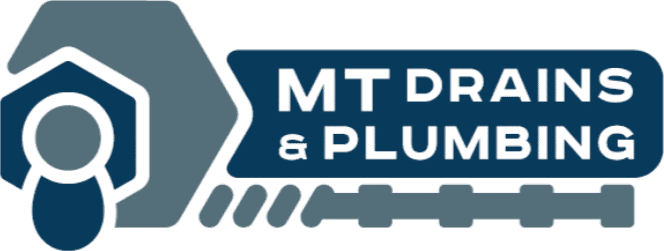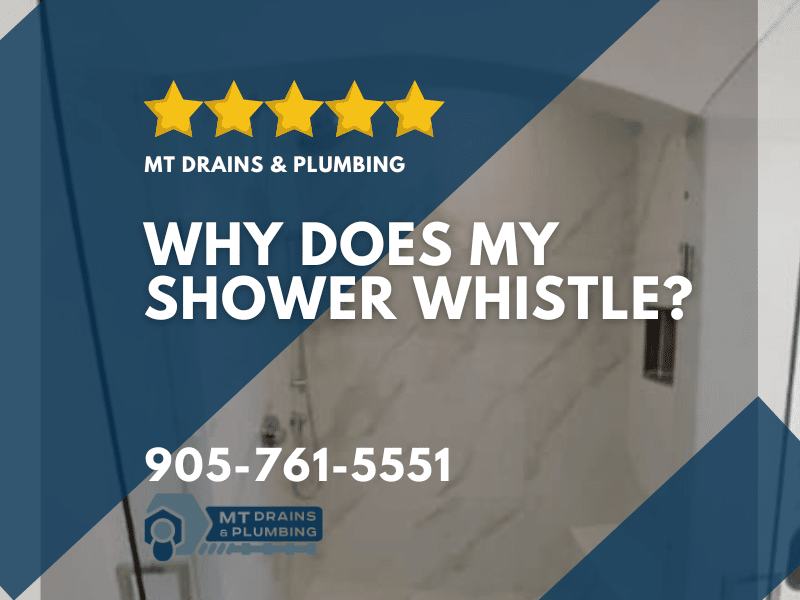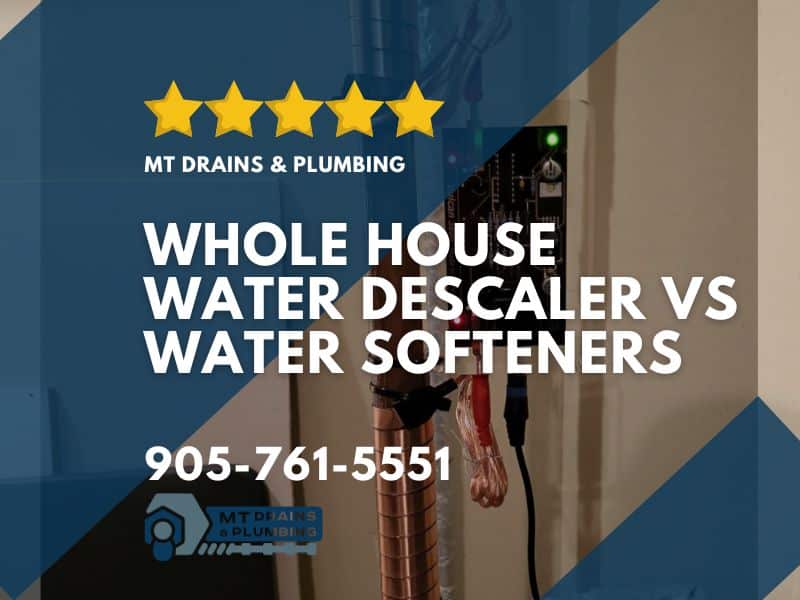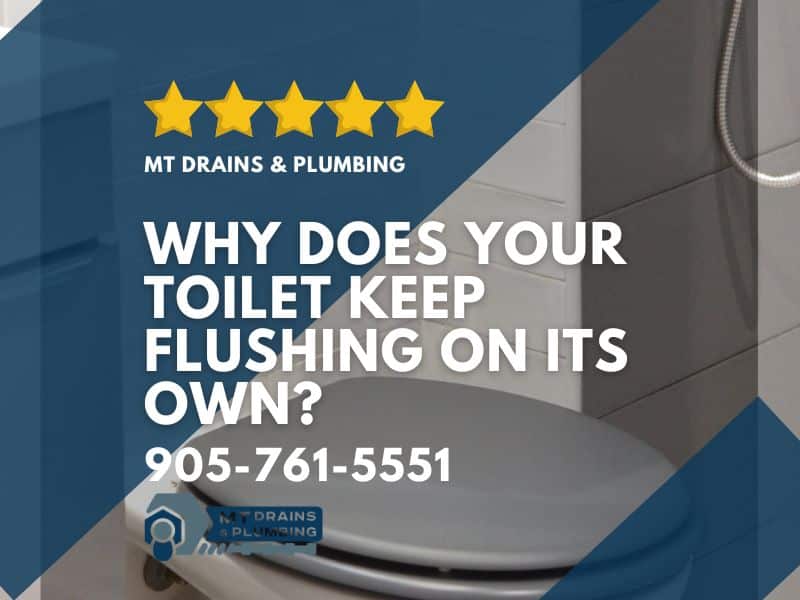Water Pressure Imbalance
One common reason for a whistling shower is water pressure imbalance. If you feel the pressure throughout your entire system has increased, you may need to replace or install a water pressure regulator. This device helps keep the pressure at safe and consistent levels, preventing damage to your plumbing fixtures.
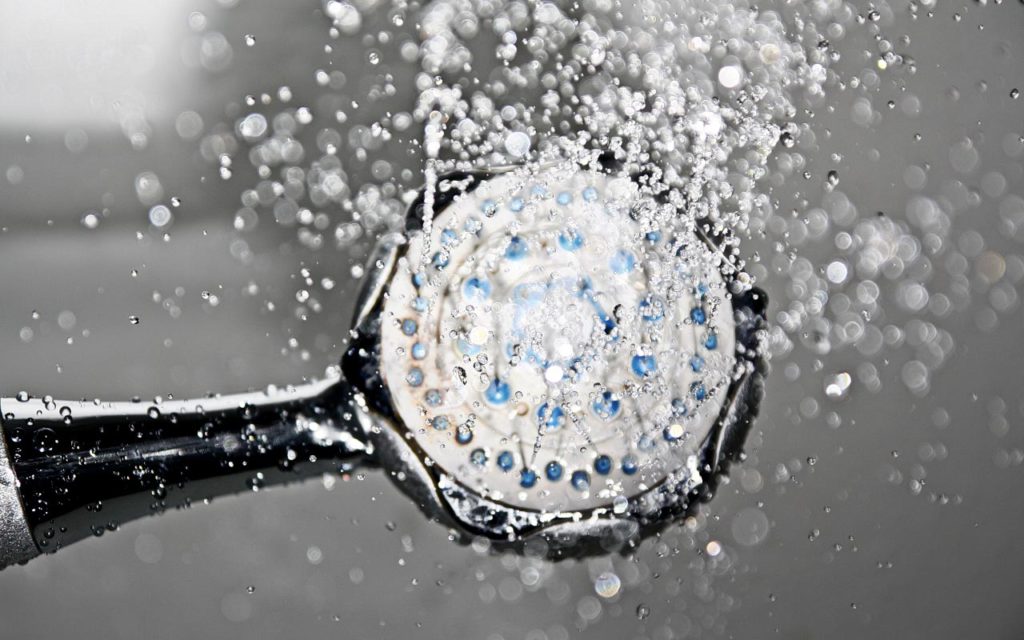
Faulty Showerhead
Supply Pipe Issues
Over time, these pipes can become loosened, damaged, or blocked, which can cause several problems, including low water pressure and strange noises like whistling or banging. Call a professional plumber to have them checked out if you think your plumbing supply pipes might be the issue.
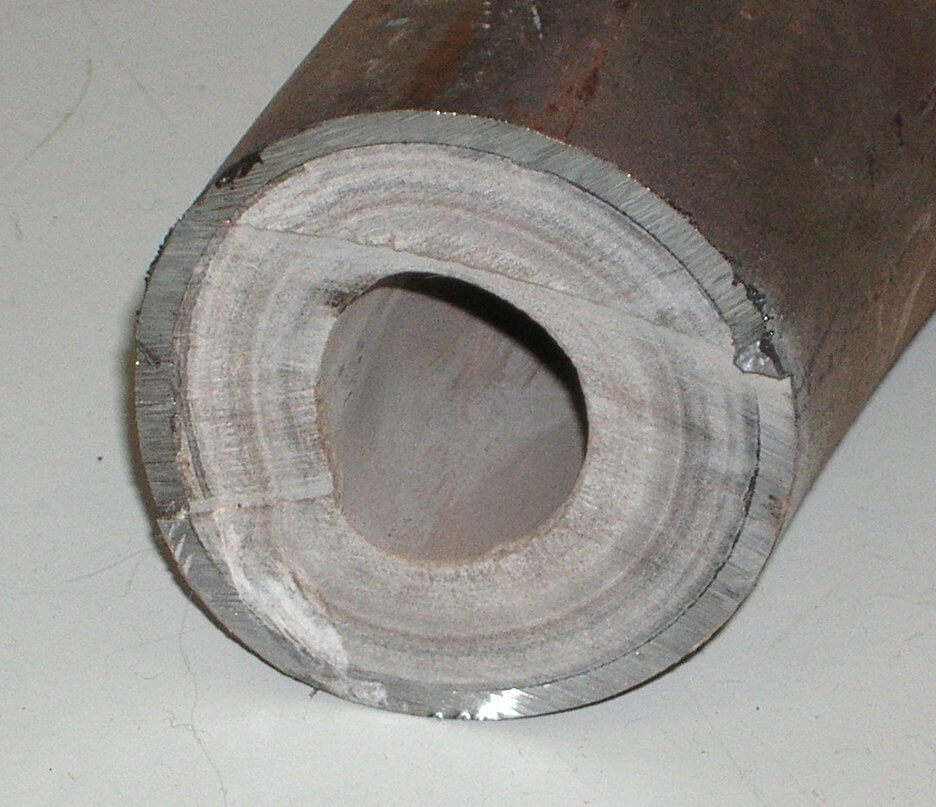
Limescale Buildup
If you see white, chalky deposits on your shower fixtures, it’s a good indication that you have limescale buildup. It’s crucial to have a professional plumber remove it as soon as possible. Otherwise, it could cause severe damage to your system over time.
- Ion exchange water softeners. Water softeners employ a process called “ion exchange” to remove minerals from your water. This helps prevent limescale buildup and keeps your plumbing system running smoothly.
- Water filtration systems. While filtration systems don’t change your water’s mineral content, they trap contaminants like dirt, sand, and rust to limit potential damage to your plumbing fixtures.
- Reverse osmosis systems. Reverse osmosis treatments force water through a semipermeable membrane, removing minerals, contaminants, and impurities. This results in clean, safe water for your home.
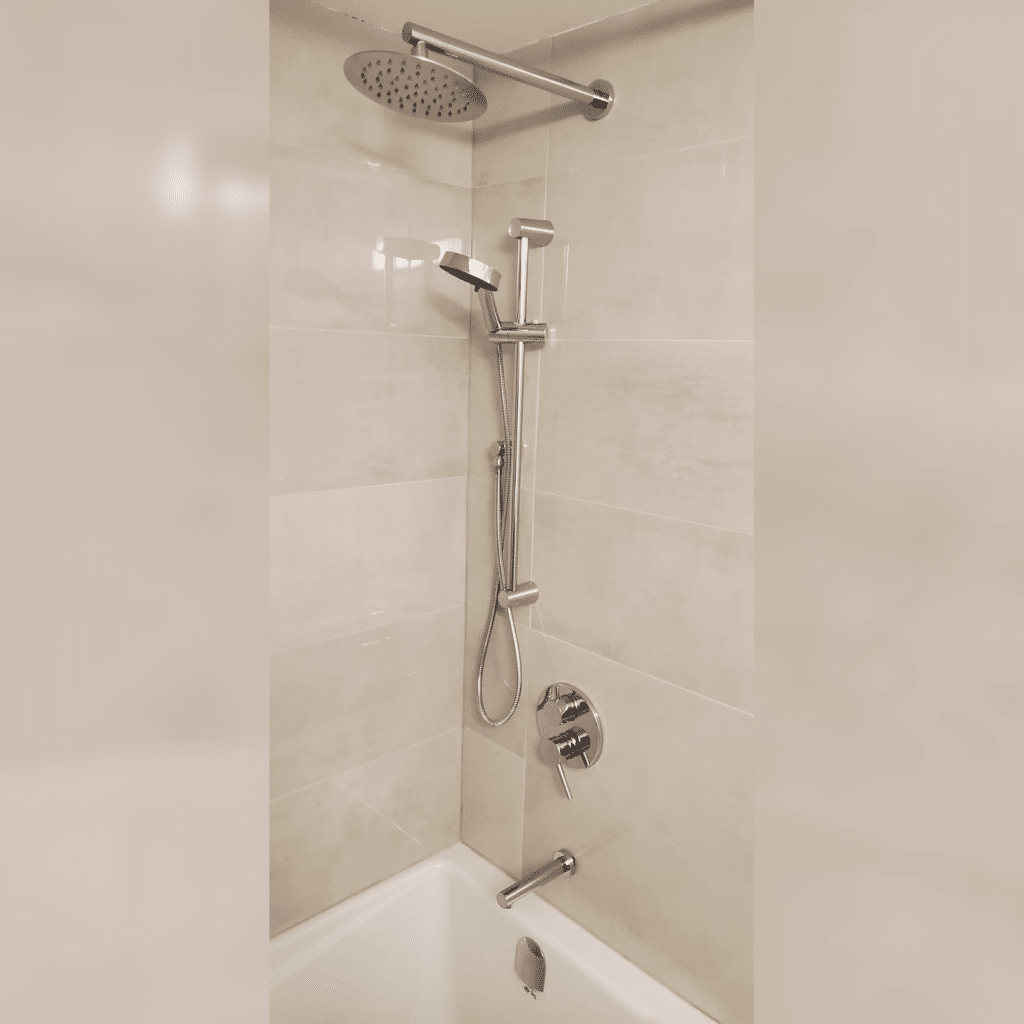
Worn-Out Faucet Handle Valve
When our clients ask us, “Why does my shower whistle?” one of the first things we check is the faucet handle valve. Over time, the washer (a small rubber or metal disc) inside the valve can become worn out.
Old Diverter Valve
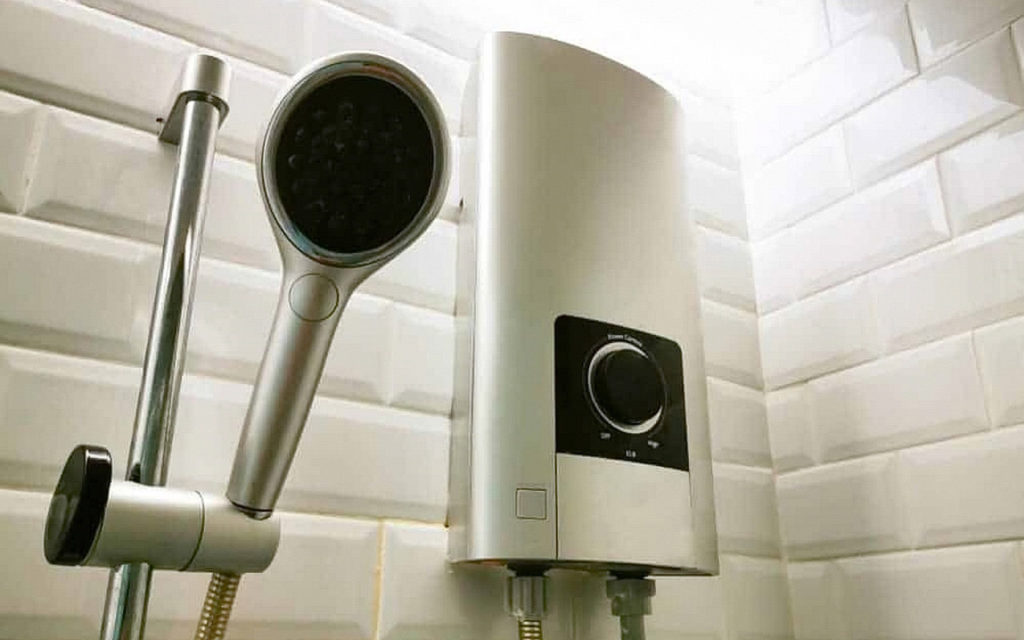
Hot Water Squealing
- Faulty hot water pipes or faucets. Does the sound only occur when you use hot water? The problem might stem from a loosened hot water valve or lodged pipe.
- Pipe stretch. Whenever hot water travels through your pipes, it causes them to expand slightly. If there’s not enough room for this expansion, it can cause a loud squealing noise.
- Ill-maintained water heater. When you turn on your shower, the water heater kicks into gear to heat the water. If the water heater doesn’t receive regular upkeep, it can start to malfunction and make strange noises.
Clogged Shower Cartridge
Most modern showers have a shower cartridge, a replaceable component that regulates water flow. When this part becomes clogged, it can cause low water pressure and a high-pitched noise.
Need Some Professional Assistance?
We hope that we’ve answered your question, “Why does my shower whistle?”. Our team always puts our customers first, so please don’t hesitate to reach out if you need more help. Call us at (905) 761-5551 to schedule your service in Vaughan, Barrie, Richmond Hill, Toronto, Markham, Newmarket, Etobicoke, ON, and nearby areas.
